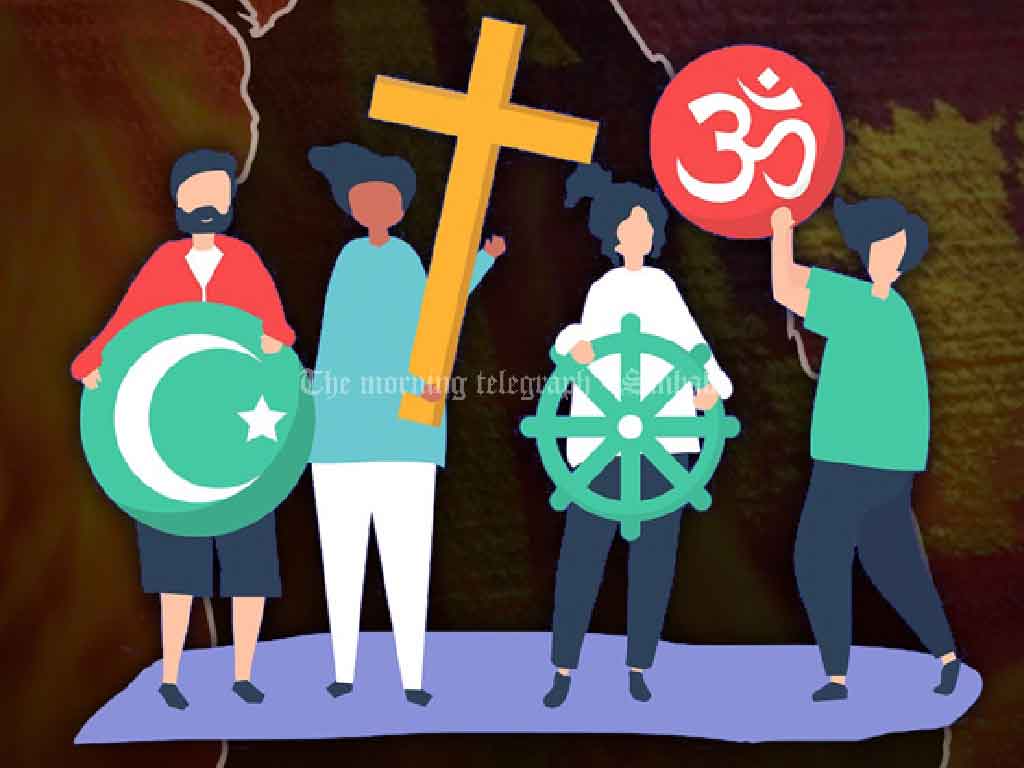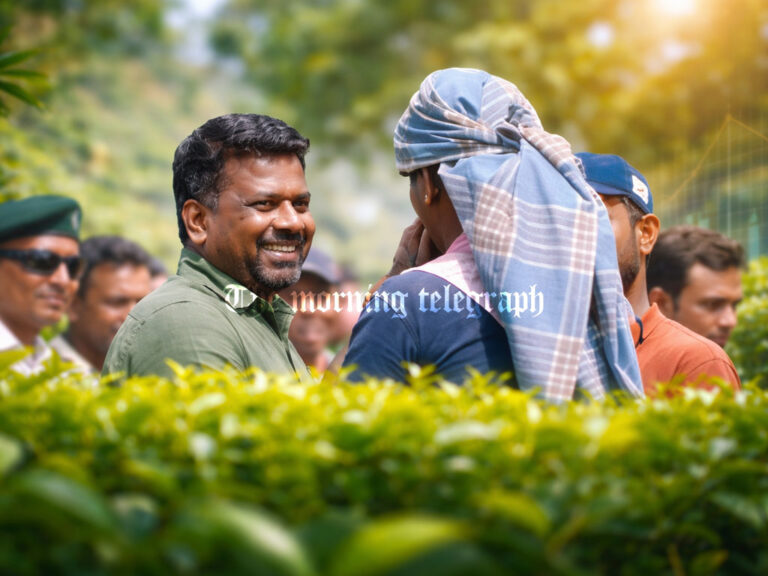
The government is reportedly moving forward with amendments to the Buddhist Temples Ordinance in response to rising concerns among religious leaders and institutions about individuals and groups allegedly distorting religious teachings and practices for personal or financial gain. The amendment is particularly focused on addressing those who misrepresent religious doctrines, causing confusion and harm to the faithful.
Minister of Buddhasasana, Religious, and Cultural Affairs, Professor Hiniduma Sunil Senevi, confirmed that sections 42 and 43 of the Buddhist Temples Ordinance are being reviewed for potential revisions. These sections are expected to give authorities greater legal power to act against individuals or organizations that falsely present themselves as religious leaders or mislead the public about religious teachings. According to the Minister, the primary objective of these amendments is to ensure that religious teachings, particularly within the Buddhist community, are protected from exploitation.
Minister Senevi also revealed that the government is working closely with religious leaders from different faiths. For example, Archbishop of Colombo, Malcolm Cardinal Ranjith Thero, has voiced similar concerns and requested stronger measures against individuals who distort religious practices. In addition to Buddhist monks, Christian clergy have expressed concern over similar abuses within their communities.
The push for amendments comes after multiple complaints from Buddhist monks, particularly from the Asgiri and Malwatte sects, about the involvement of Buddhist clergy in programs with figures like Jerome Fernando, who claims to be a pastor but has been criticized for his controversial views and practices. One such incident involved a Buddhist monk participating in a program led by Fernando, a figure accused of manipulating religious teachings for personal gain. This has led to a public outcry and calls for the government to step in and regulate individuals who present themselves as religious authorities without proper credentials or authority.
The government has emphasized that these amendments are being carefully examined to ensure they align with constitutional principles. Minister Senevi highlighted that the government’s role is not to interfere with the independence of religious institutions but to ensure that those who distort religious teachings are held accountable.
“These amendments are designed to resolve the issues caused by individuals who misrepresent themselves as religious leaders. We want to make sure that people who claim to represent religion are genuine and uphold the teachings of our faith,” Minister Senevi said.
The government’s decision to fast-track the amendment process underscores the growing concern within religious communities about the influence of self-proclaimed leaders who distort religious messages for personal, political, or financial gain. The move aims to provide religious institutions with stronger legal backing to deal with such challenges and safeguard the sanctity of religious practices.




